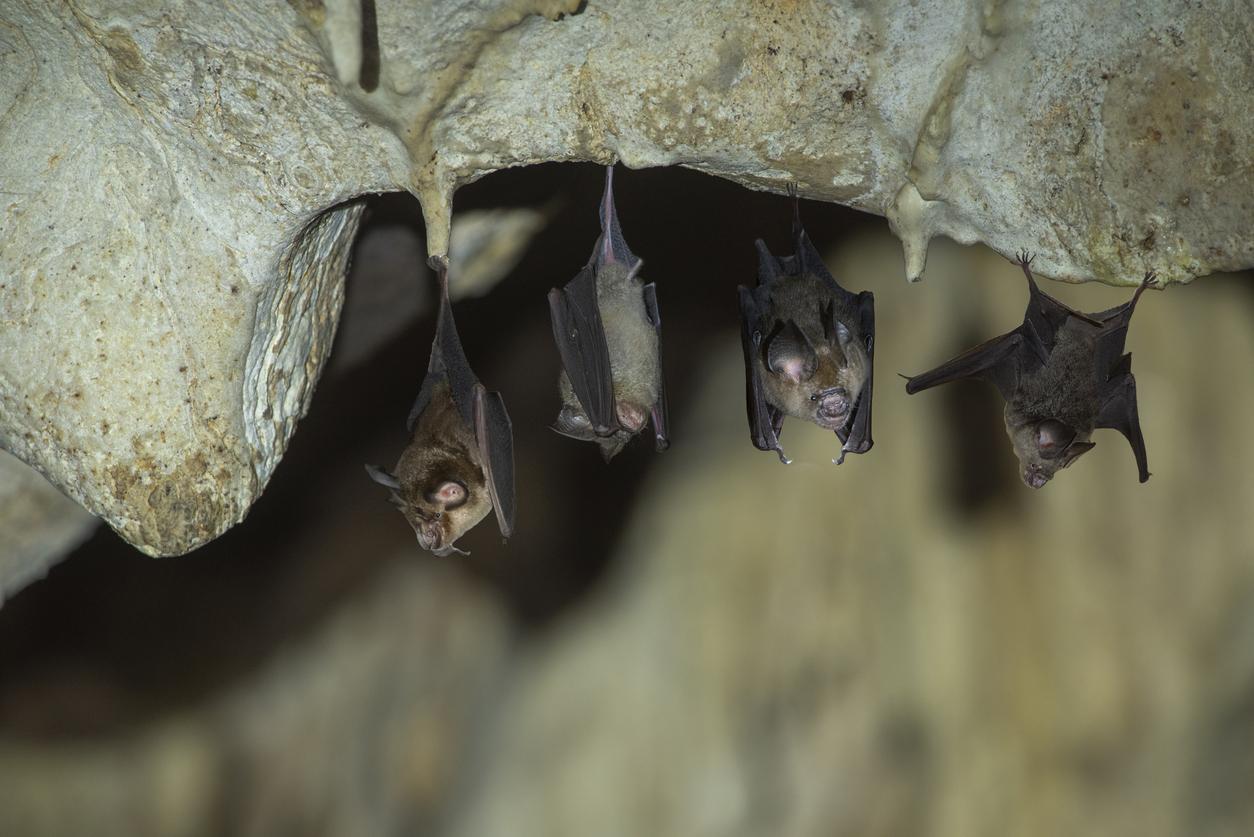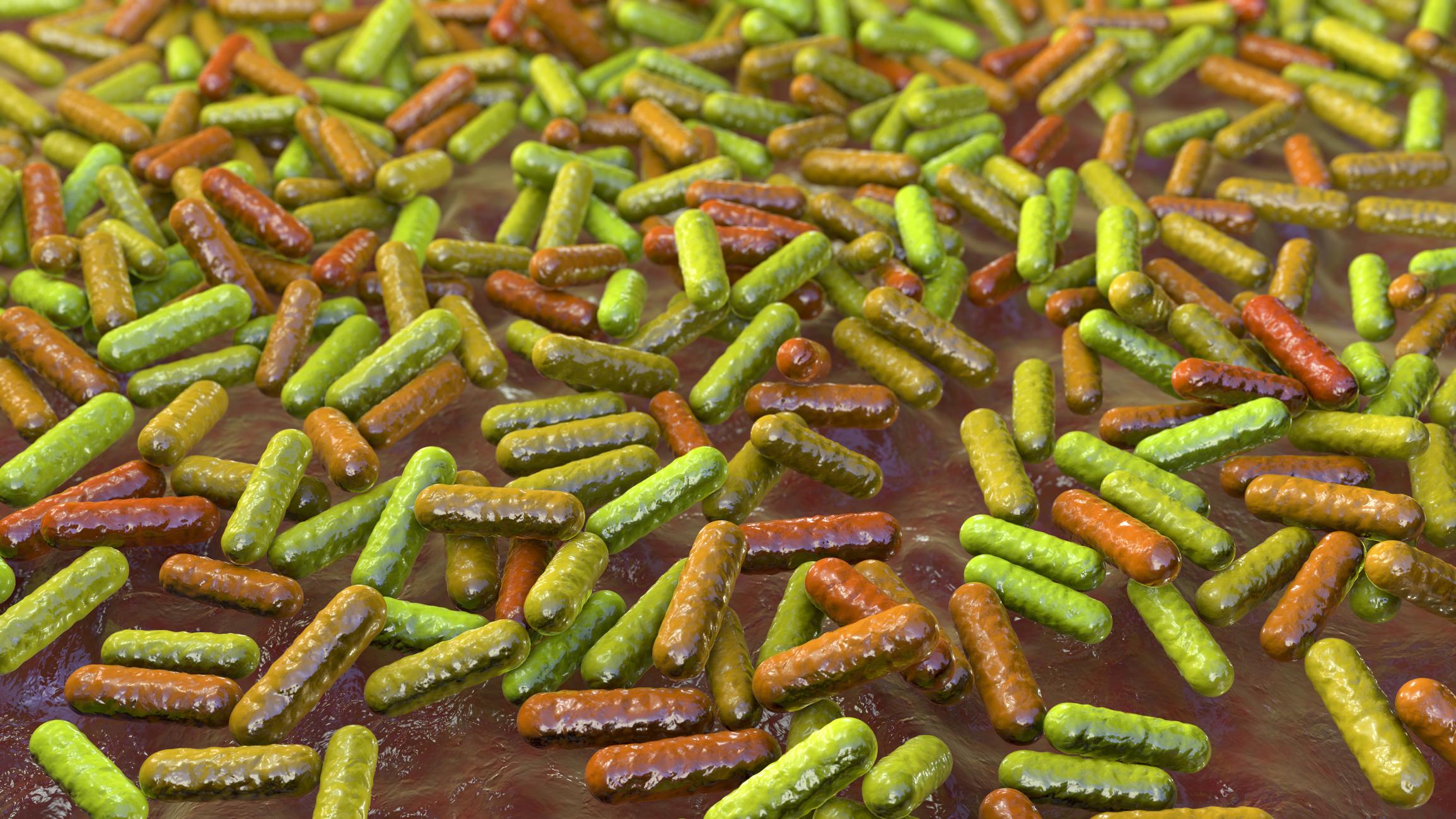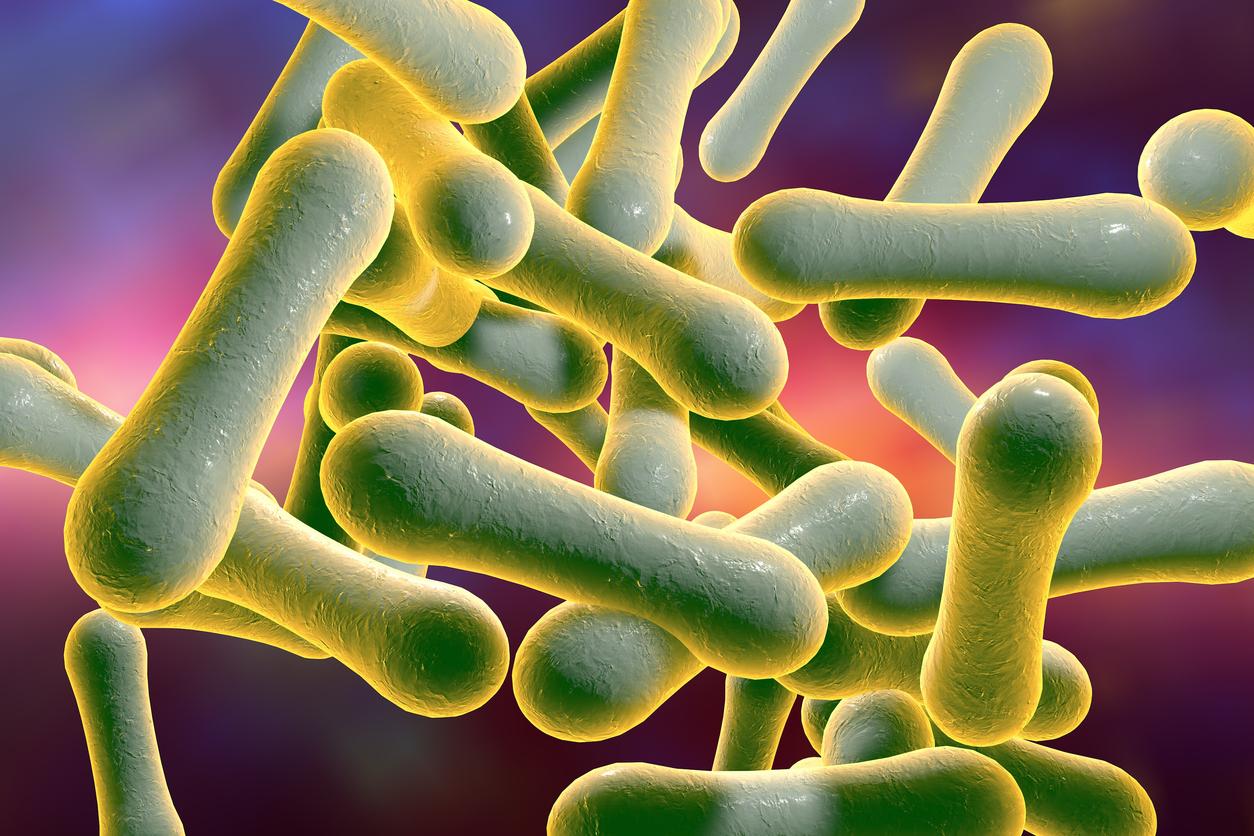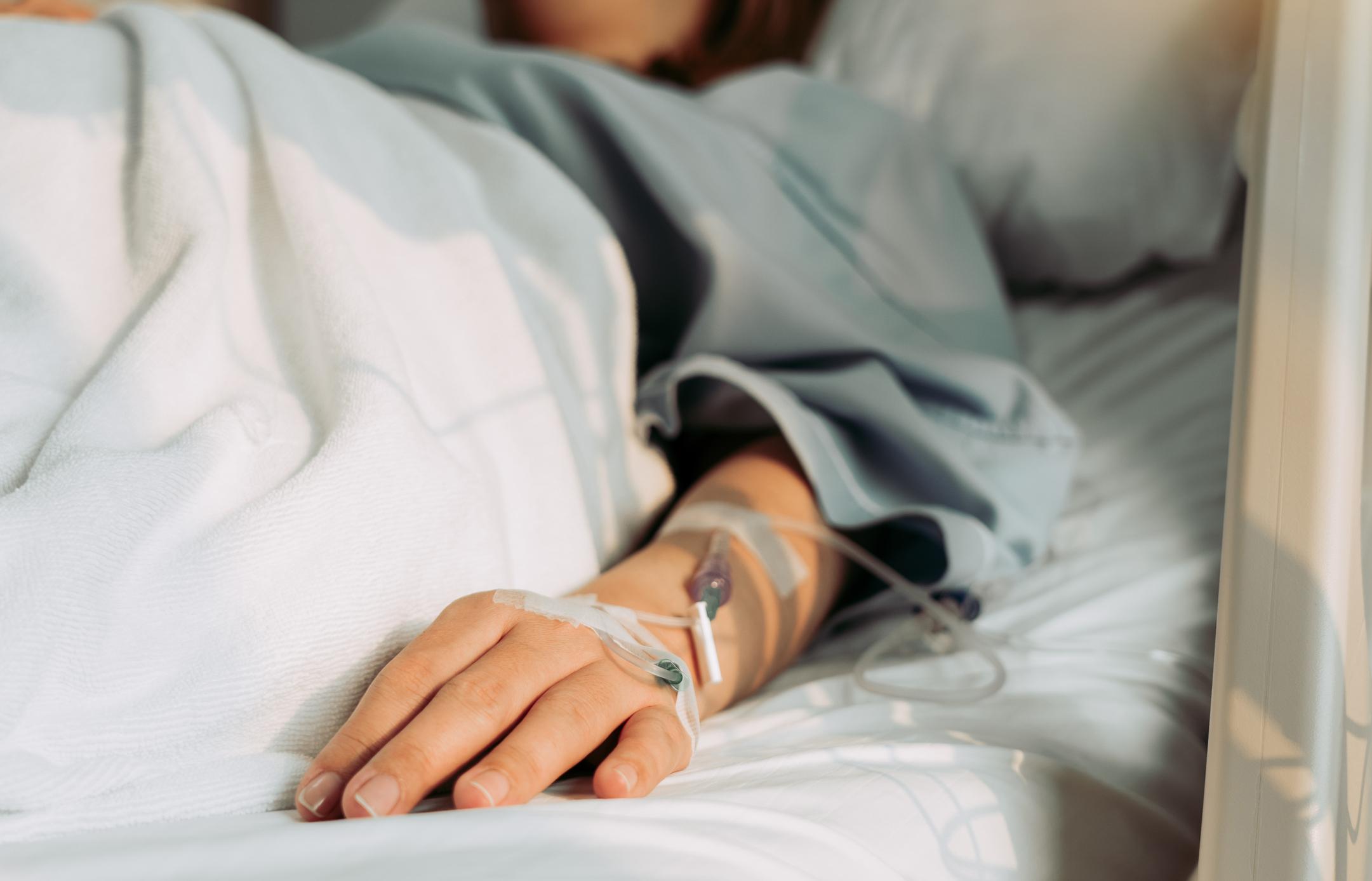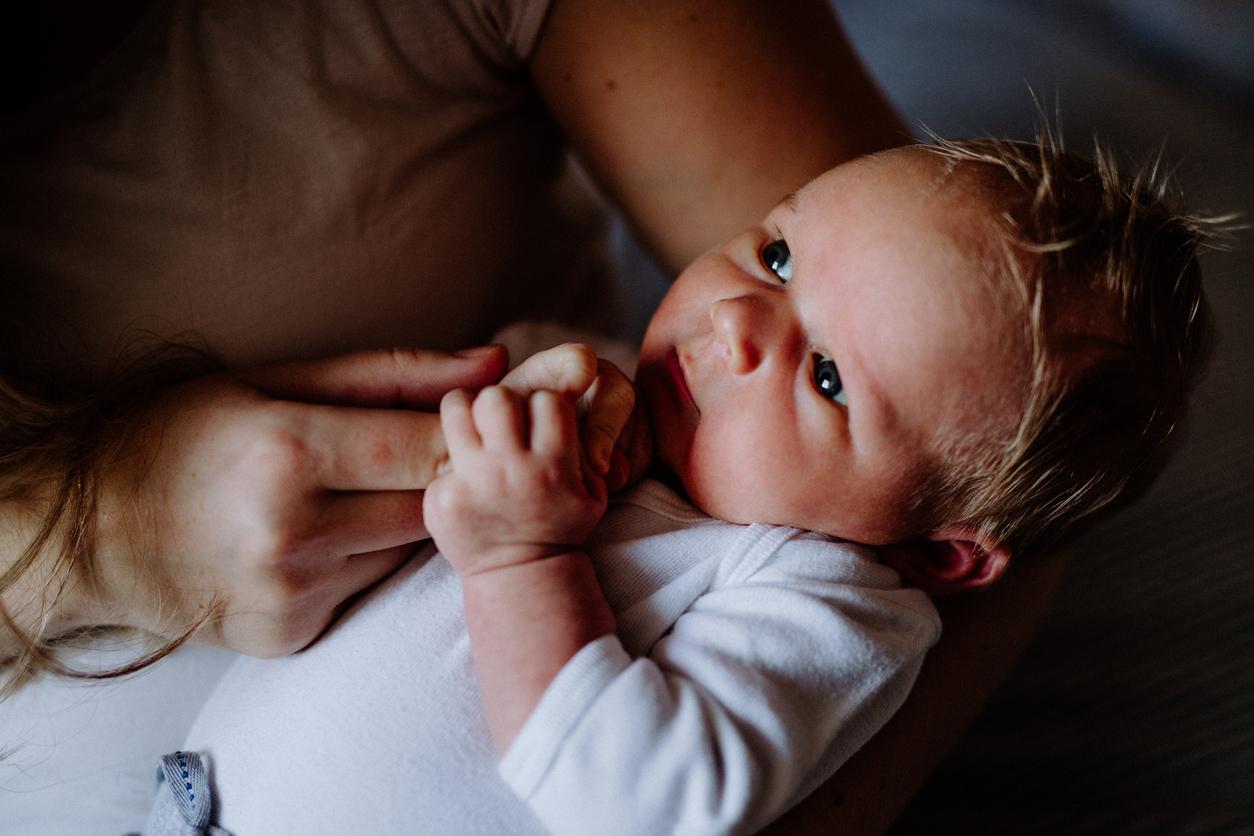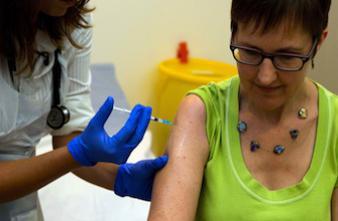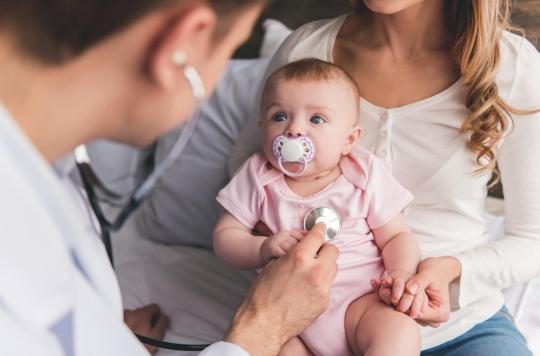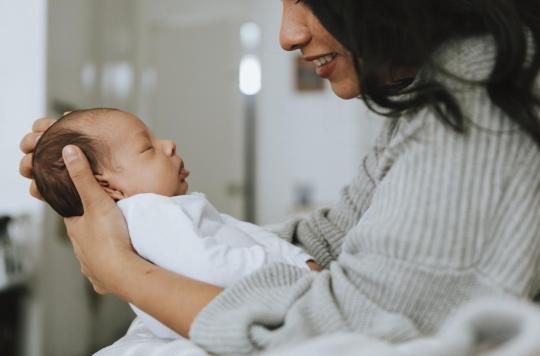The government reacted to the publication of a report on the country’s deplorable health situation by appointing a new Minister of Health.

As Venezuela is plagued by economic, political and social problems, a health catastrophe is taking shape. With a 30% increase in infant mortality and 65% in maternal mortality in 2016, the government of Nicolas Maduro decided on Thursday to react, by replacing its Minister of Health, Antonieta Caporales, with Luis López Chejade.
After a year without statistics on the state of health of the country, an alarming report published on Tuesday had indeed revealed a spectacular deterioration. “It is striking, in almost all the categories listed by this bulletin, the health situation is tormented, had then lamented Dr. Julio Castro, specialist in infectious diseases, and declared opponent to the health policies of the government. We find particularly significant increases in infant and maternal mortality. “
In 2016, 11,466 deaths of children under one year old were recorded. Mothers are no longer immune: 756 women who are pregnant or have given birth within 42 days have died.
Forgotten diseases
On the disease side, the number of malaria cases has exploded by 76% to exceed 240,000 people. To make matters worse, the Zika virus was added to the list, with almost 60,000 people affected.
Diseases from another era have also reappeared: diphtheria, however eradicated in the South American country since the 1990s, affected 324 people in 2016. It kills in 5 to 10% of cases.
However, doctors had unsuccessfully alerted the health authorities of the return of the infection. The authorities had accused them of seeking to sow panic among the population.
No more drugs
Venezuela, in the grip of serious economic difficulties, and victim of exceptional inflation of almost 1000% in two years, is now struggling to import. In particular, medical equipment is lacking, and the shortage of drugs is almost systematic.
In hospitals, the lack of incubators, folic acid, and even food can no longer ensure the safety of mothers and their future babies, who die of sepsis, pneumonia, or respiratory distress syndrome. . They could be cured if the health system was functioning properly.
Doctors must now be satisfied with second-choice drugs, while 85% of products are missing. Patients are struggling to find supplies. The richest get their supplies abroad, while the less fortunate queue for hours in front of pharmacies, often in vain, or use barter.
An uncertain future
The Maduro government, which has suffered from demonstrations by its opponents since 2014, and in a minority in Parliament, refuses for the moment to give in to the 80% of Venezuelans who demand his departure, according to polls. He even accuses malicious elites of organizing the drug shortage to fuel popular unrest and social unrest.
Between the economic difficulties linked to the fall in oil prices, on which Venezuela relies almost entirely (it represents 96% of its exports and two-thirds of its revenues), and a leader who clings to power, despising in the process health issues, shortages are likely to worsen. The health prognosis of the 30 million Venezuelans is not good.
.







